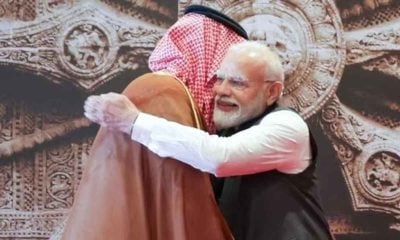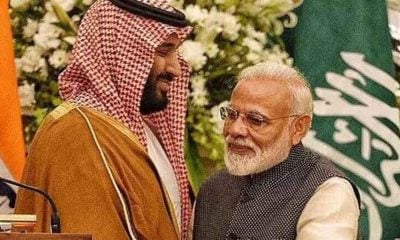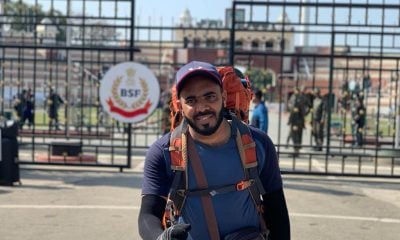Latest world news
MBS effect: 11 protesting princes arrested in Saudi Arabia

Latest world news
India studying implications after US Supreme Court strikes down Trump’s global tariffs
India said it is studying the implications of a US Supreme Court ruling that struck down Donald Trump’s sweeping tariffs, even as a new 10% global duty has been announced under an alternate law.
Latest world news
PM Modi meets Sri Lankan President Dissanayake at AI summit, reviews connectivity agenda
PM Modi and Sri Lankan President Anura Kumara Dissanayake reviewed connectivity, AI cooperation and regional stability during talks at the AI Impact Summit in New Delhi.
Latest world news
Trump signs 10% global tariffs after US Supreme Court setback
Donald Trump has signed a new 10% global tariff order after the US Supreme Court struck down much of his earlier sweeping import duties
-

 India News5 hours ago
India News5 hours agoJNU protest turns violent as Left and Right student groups trade charges
-

 India News6 hours ago
India News6 hours agoDevendra Fadnavis seeks CBI probe into Ajit Pawar plane crash
-

 LATEST SPORTS NEWS5 hours ago
LATEST SPORTS NEWS5 hours agoICC Men’s T20 World Cup 2026: South Africa outclass India with smart slower-ball strategy in Super 8
-

 India News5 hours ago
India News5 hours agoWorld praised India’s AI potential at AI Impact Summit, says PM Modi

















